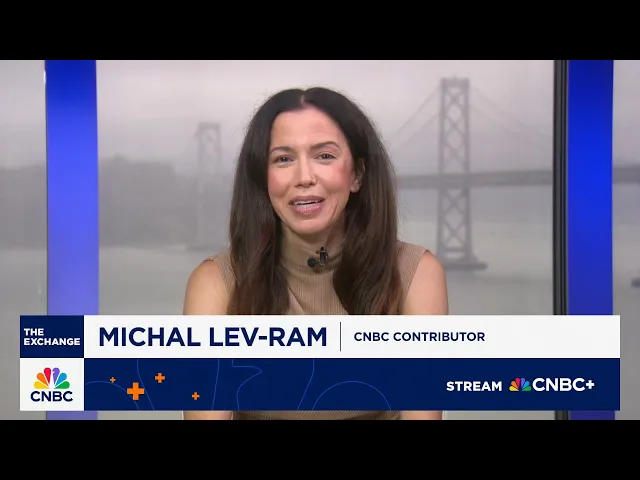Elon Musk plans to build a kid-friendly AI app

Elon's AI move into kid education space
Elon Musk's ambitions never seem to slow down. In a recent announcement that's causing ripples through both the tech and education sectors, the billionaire entrepreneur revealed plans to develop child-friendly AI applications through his newest venture, xAI. This development signals yet another front in the increasingly competitive artificial intelligence landscape, with potential to reshape how the next generation interacts with and learns from technology.
Key Points
- Musk is positioning xAI to develop AI applications specifically designed for children's education, emphasizing safety and parental oversight features
- The move represents direct competition with established players like OpenAI's ChatGPT and Google's Bard in the educational AI space
- Musk's vision includes AI becoming an educational companion that adjusts to children's learning styles and abilities
- Development appears to be in early stages, with no specific launch timeline announced yet
The Education AI Arms Race Heats Up
The most compelling aspect of Musk's announcement isn't just another tech billionaire entering education—it's the timing and positioning. As AI tools rapidly penetrate classrooms and homes, Musk is betting that parents will gravitate toward options designed with children as the primary users rather than adapted from general-purpose AI models.
This matters because educational technology is experiencing unprecedented transformation. School districts worldwide are scrambling to develop policies around AI use, with some embracing these tools while others ban them outright. By building AI specifically optimized for educational contexts with embedded safety features, Musk is addressing the legitimate concerns many parents and educators express about existing AI platforms.
The potential impact extends beyond just creating another learning app. If successful, xAI's approach could establish new standards for how AI interfaces with children—potentially influencing regulation and public perception of AI's role in education for years to come.
What Musk's Announcement Misses
While Musk's vision sounds promising, several critical questions remain unaddressed. First, content moderation for children's AI interactions presents unique challenges that even established platforms struggle with. Will xAI implement age verification systems? How will it balance educational freedom with necessary guardrails?
The educational technology landscape is littered with ambitious projects that failed to gain traction in actual classrooms. Companies like Amplify and even Google have learned the
Recent Videos
How To Earn MONEY With Images (No Bullsh*t)
Smart earnings from your image collection In today's digital economy, passive income streams have become increasingly accessible to creators with various skill sets. A recent YouTube video cuts through the hype to explore legitimate ways photographers, designers, and even casual smartphone users can monetize their image collections. The strategies outlined don't rely on unrealistic promises or complicated schemes—instead, they focus on established marketplaces with proven revenue potential for image creators. Key Points Stock photography platforms like Shutterstock, Adobe Stock, and Getty Images remain viable income sources when you understand their specific requirements and optimize your submissions accordingly. Specialized marketplaces focusing...
Oct 3, 2025New SHAPE SHIFTING AI Robot Is Freaking People Out
Liquid robots will change everything In the quiet labs of Carnegie Mellon University, scientists have created something that feels plucked from science fiction—a magnetic slime robot that can transform between liquid and solid states, slipping through tight spaces before reassembling on the other side. This technology, showcased in a recent YouTube video, represents a significant leap beyond traditional robotics into a realm where machines mimic not just animal movements, but their fundamental physical properties. While the internet might be buzzing with dystopian concerns about "shape-shifting terminators," the reality offers far more promising applications that could revolutionize medicine, rescue operations, and...
Oct 3, 2025How To Do Homeless AI Tiktok Trend (Tiktok Homeless AI Tutorial)
AI homeless trend raises ethical concerns In an era where social media trends evolve faster than we can comprehend them, TikTok's "homeless AI" trend has sparked both creative engagement and serious ethical questions. The trend, which involves using AI to transform ordinary photos into images depicting homelessness, has rapidly gained traction across the platform, with creators eagerly jumping on board to showcase their digital transformations. While the technical process is relatively straightforward, the implications of digitally "becoming homeless" for entertainment deserve careful consideration. The video tutorial provides a step-by-step guide on creating these AI-generated images, explaining how users can transform...
